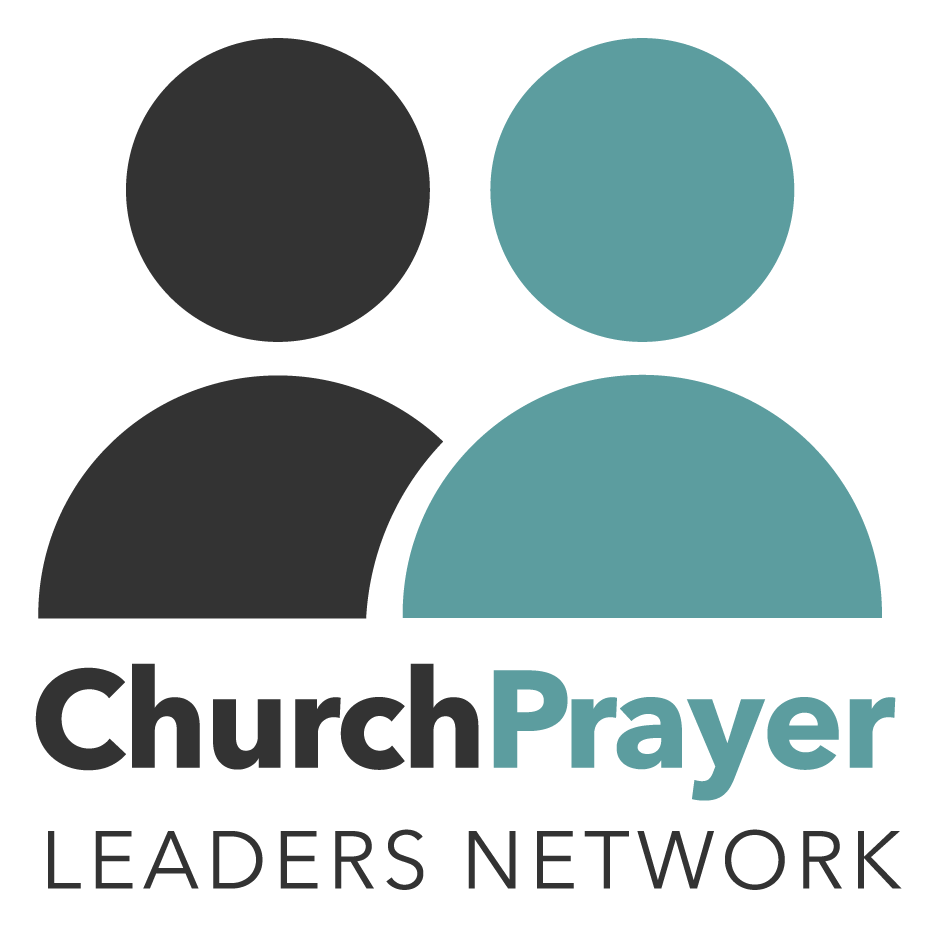
Content Locked
Member-Only Content
If you would like access to this members-only content, check out our CPLN Membership! Gain access to this page and more + enjoy a 10% discount on all store products.
If you’re simply looking for Prayer Connect access:
Purchase your Prayer Connect Blog Subscription


